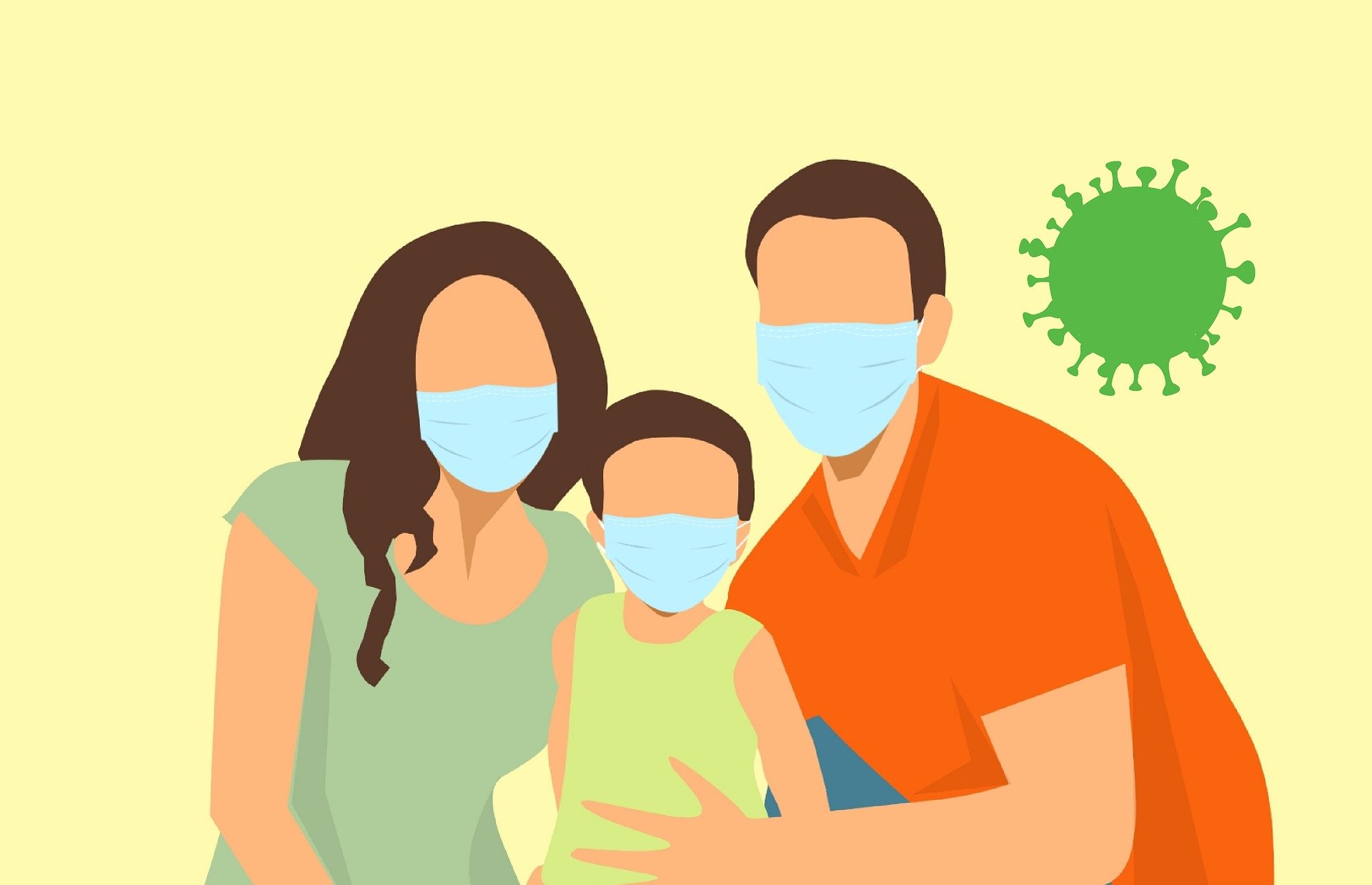Supporting your child with chronic illness during COVID-19

For children and adolescents who struggle with medical conditions, COVID-19 can be a particularly hard time due to the lack of schedule and difficulty in accessing consistent medical and ancillary cares such as physical therapy, nutrition, home nursing, or medical procedures (e.g., Infusions, injections, acupuncture). Moreover, working parents often find it difficult to balance the demands of work and their child’s academic, social-emotional, and medical needs during the pandemic. There a few things that I have found useful for families and children to focus on through this unprecedented time.
First, normalize your child’s feelings and ensure they have a safe space to be heard. For many kids, experiences of anxiety, sadness, loneliness, or boredom can set in. Labeling, and normalizing this for your child rather than dismissing it or minimizing it can support healthy coping. Create an open dialogue, asking your child what they have heard or know about the coronavirus. Take your child’s lead in how much information you provide, as well as consider their age. For younger children, provide simple explanations and limit the amount of information you are providing, while older kids may seek more information (e.g., statistics, global impact). Provide re-assurance that people are taking steps to stay safe such as washing their hands and staying inside. If they see people wearing face masks, it’s important to acknowledge the potential feelings this may evoke, particularly for children with chronic illness who may have had scary experiences in the hospital setting. Similarly, prepare kids that they may see individuals wearing masks on television, but again, these are things people are doing to keep themselves and others safe.
Arguing more than usual? For many families, more time spent together at home can lead to more disagreements. To diffuse any conflict within the home, it is helpful to allow each child to have alone time whether this may be in their room, in a home-made “fort”, or 20 minutes in the backyard with the dog, it’s important that children and teenagers have space for themselves within the confines of home. This goes for parents as well! 15-20 minutes of daily self-care at least is essential to maintaining emotional control and psychological and physical wellness. With all the schoolwork that needs to be completed, many families are neglecting spending fun time together, or with friends. Setting up virtual playdates with your children’s friends, weekly video calls to grandparents, or family board game nights are important bonding activities to continue to incorporate into a routine.
Next, maintain consistent sleep schedules, regular mealtimes and daily exercise (as much as possible!). While it’s very easy to let our regular routines fall by the wayside during this time, try to maintain a somewhat consistent daily schedule- this is especially true for children who require daily medical treatments or regimens. Visual schedules and sticker charts work great for some kids, yet others like to set voice reminders on their phones or make post-it reminders for daily tasks. Can’t go outside to engage in exercise? Try finding online workouts (many gyms are offering free livestream or recorded workouts), yoga videos, grab the jump rope or hula hoop from the garage, or crumple up paper and create a homemade basketball hoop. For older teens, they usually scoff at the idea of waking up as early as they would for school. Pick your battles- if they would prefer to move bedtime and wake time 1-2 hours later but continue to maintain a routine it’s best not to push the early waking.
Lastly, ensure regular communication with your child’s doctor and medical teams. Many families have had to cancel in-person visits with their healthcare teams due to stay-at-home orders and social distancing. Although many healthcare facilities have been changing hours and limiting visits due to the pandemic, in my experience I have seen many providers offering services via telehealth although this may not be explicitly advertised. Ensure you are in communication with the staff regarding your child’s options for care during this time, and stock up on all essential medications.
At the end of the day, remember: You are doing the best that you can. As a parent you are not your child’s physician, teacher, psychologist, entertainer, and sole friend, and it’s important that you remind yourself of this. It is impossible to be 100% perfect playing the role of all of these individuals in your child’s life, and remember that this period is only temporary.
If your child is experiencing heightened anxiety or mood symptoms, please reach out to a mental health professional for help.